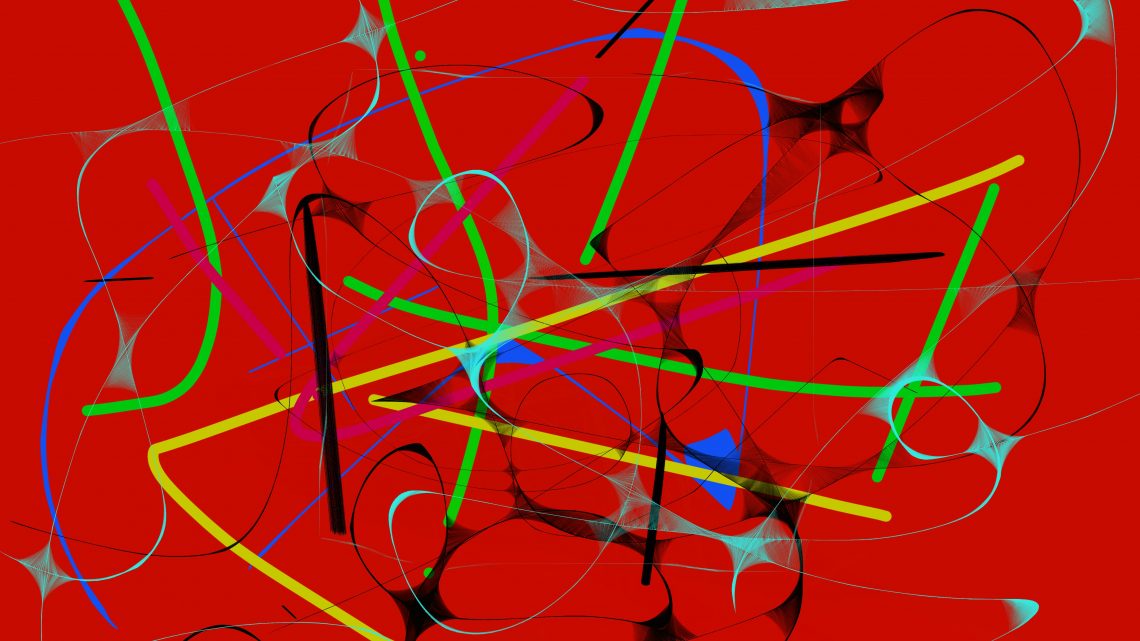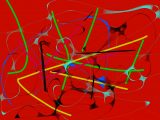
Taiwanese researchers report success with quantum cryptographic encryption
27. November 2019Taiwanese researchers report success with quantum cryptographic encryption
Taipei, 27.11.2019
A research team at National Tsing Hua University (NTHU) yesterday unveiled a new cryptographic technique using quantum technology to transmit an encrypted message outside a laboratory environment.
In September, the team sent encryption codes from their university to a receiver at National Chiao Tung University over a 4km fiber optic cable. Associate Professor Chuu Chih-sung of the NTHU Department of Physics announced this during a press conference at the Ministry of Science and Technology in Taipei.
The researchers used pulsed laser light to generate photons – the smallest measurable unit of light – on which they encoded binary code. The technique, which is based on a theory of differential phase shift quantum key distribution introduced by researchers at Stanford University in 2002, prevents any attempt by hackers to steal the code, Chuu said.
Since the system tolerates an error rate of up to 2.5 percent if no „eavesdropper“ tries to steal the code, it can detect any theft attempt, as the error rate would exceed 2.5 percent, he said.
While the U.S., China and other countries have conducted similar experiments at different distances, the NTHU team is the first in Taiwan to transmit encrypted keys with quantum communication in a real environment, Chuu said.
The team next plans to experiment with the technology to transmit encrypted keys up to 10 km to the Industrial Technology Research Institute.
Compared to today’s cryptography, whose encrypted messages can be decrypted by supercomputers with „faster“ computing capabilities, quantum key distribution technology makes the formulas of keys more irregular and increases the challenges for hackers, Professor Mou Chung-yu said. The technique would be best applicable to the financial and national security sectors.
As semiconductor manufacturing technologies have been pushed almost to the extreme, quantum computing, widely regarded as the next major technological revolution, is one of the ministry’s focal areas in resource allocation, said Deputy Minister of Science and Technology Shieh Dar-bin.
The ministry last year provided funding for the NTHU to establish the Center for Quantum Technology, and is pleased to see that the researchers have achieved preliminary results. Shieh added that he expects the team’s technology to be applied to communication over greater distances.


